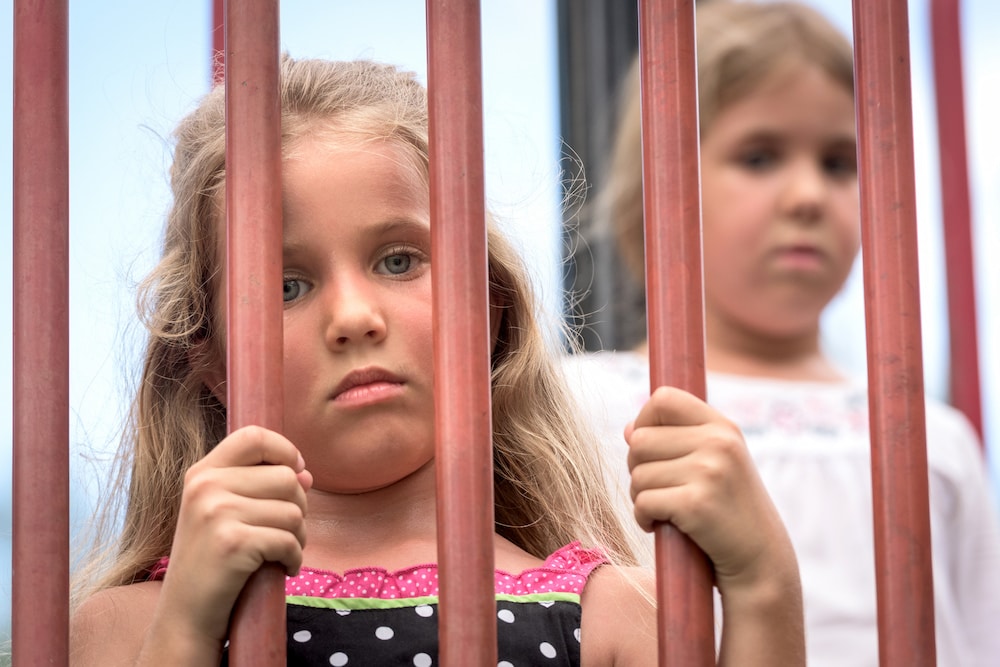The ACT Government could become the first Australian jurisdiction to raise the minimum age of criminal responsibility (MACR) from 10 to 14. Today, the government released a discussion paper, ‘Raising the minimum age of criminal responsibility’, to seek public comment before drafting legislation.
A restorative therapeutic approach to juvenile crime is better than a punitive criminal justice response, Health Minister Rachel Stephen-Smith argued.
The reform seeks to decriminalise harmful behaviour for a larger cohort of children and young people, and set up community and government-based responses to meet the needs of young offenders and their families. This includes better access to early supports, therapeutic care and accommodation, restorative approaches, alternatives to or changing court processes, and supporting victims.
“Decriminalising responses to this behaviour will shift the focus of the response from the deeds of the child to what the child needs to have a safe, stable, and supportive environment,” the report states.
A multidisciplinary panel would assess the young person’s needs; provide referrals to services to meet those needs; and work closely with young people and their families to ensure they attended those services.
For some young people, statutory intervention was the first time children’s needs were identified and appropriate services were provided. Support services – physical and mental health or disability services, education support, family functioning, counselling, stable accommodation – reduce harmful behaviour, but poor and Indigenous families can find it difficult to access them.
“Ultimately, we want to see young people under the age of 14 diverted completely from engagement with the criminal justice system … and to change the trajectory of their lives,” Ms Stephen-Smith said.
Forgive them, they know not what they do
Children were too immature to be responsible for their actions, according to medical evidence cited in the report.
Up to the age of 14, Ms Stephen-Smith said, children’s brains were not developed enough to fully understand the consequences of their behaviour. Children can be charged with a criminal offence, but they cannot be held criminally responsible unless they knew what they were doing was seriously wrong.
The report states that the prefrontal cortex (responsible for impulse control, reasoning, and consequential thinking) is not mature until at least 18. During early to mid-adolescence, youths are at greater danger of impulsive behaviour, seeking sensation, and taking risks.
Crimes young people committed tended to be at the lesser end of the spectrum – property offences rather than offences against the person, Attorney-General Shane Rattenbury said.
Harmful, risky, even violent, behaviour was often a maladaptive response to trauma, abuse, or cognitive impairment.
“The best response is to address the underlying issues that are the reasons they’re acting out in the first place,” Ms Stephen-Smith said.
Charging a child with a criminal offence, remanding them in a custodial facility, was traumatic. Moreover, the younger a child was when they encountered the criminal justice system, the more likely they were to reoffend. Between 2011 and 2012, the report states, child offenders who were detained when aged 10–14 were 25% more likely to be detained in their later teens.
A breach of human rights?
In 2019, the United Nations Committee on the Rights of the Child recommended raising the MACR to at least 14 all around the world, and ideally 16 for deprivation of liberty; no child should be deprived of liberty unless there were genuine public safety or health concerns.
The UN was seriously concerned about the very low MACR in Australia – particularly the overrepresentation of Aboriginal and Torres Strait Islander children in the justice system – and recommended it be raised to reflect internationally accepted standards.
Other countries have a MACR of 11 (Japan), 12 (Belgium, the Netherlands, Canada, Israel), 13 (Greece), 14 (Germany, Austria, Italy, Spain), 15 (Denmark, Finland, Iceland, Norway, Sweden), or 16 (Portugal).
“The minimum age of 10 is well out of line with international expectations and standards,” Mr Rattenbury said.
On an average day in 2019–20, 5% of the more than 5,300 young people aged 10 and over under youth justice supervision were 10 to 13-year-olds, i.e., approximately 265 people, according to the Australian Institute of Health and Welfare.
In the ACT, the report states, three out of the 70 youths (aged 10–17) in detention or on community-based orders in the ACT were aged 10 to 13. Between 2015 and 2020, 9% to 12% of Youth Justice supervision orders (detention) concerned 10 to 13-year-olds. This does not include children supervised by their parents, fined, or sentenced to community service, or who are diverted from the youth justice system by police.
Indigenous children were disproportionately represented in the ACT youth justice system; Aboriginal or Torres Strait Islanders were only 3% of the general youth population, but made up 22% of the youths under supervision. Indigenous youth were also nine times more likely to be under supervision than non-Indigenous youth.
Currently, nobody under 14 was in detention in the ACT, said Emma Davidson, Minister for Justice Health, but young people would occasionally enter on remand.
For more news:



